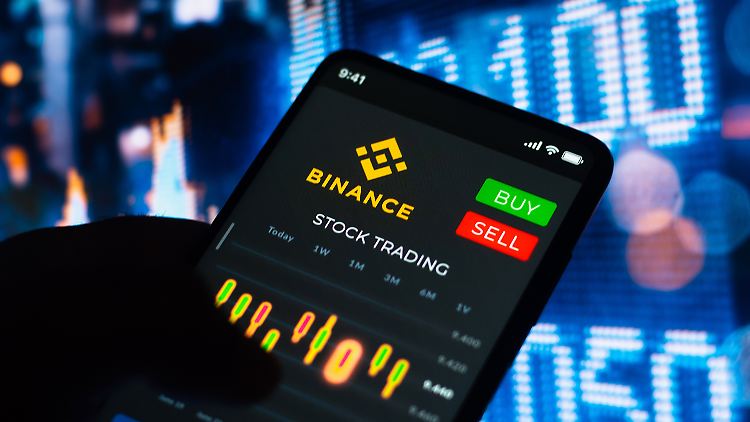What is Anti-Money Laundering?
Anti-Money Laundering (AML) refers to the measures, laws, regulations and processes developed to prevent illegal activities, particularly money laundering, from being conducted through financial systems such as cryptocurrencies. Money laundering is the process of introducing illicit proceeds or assets into the financial circuit in order to disguise their true origin.
In the context of cryptocurrencies, AML refers to how governments, financial institutions and crypto exchanges ensure that transactions and money flows are transparent and lawful. This is done by implementing strict monitoring procedures, Know Your Customer (KYC) verifications and other mechanisms to identify individuals conducting cryptocurrency transactions.
Due to their decentralized and pseudonymous nature, cryptocurrencies can be used by criminals to launder money. AML measures aim to minimize these risks by identifying, reporting and preventing suspicious activity. Crypto exchanges and financial institutions are often required by law to follow AML policies and report suspicious transactions to the relevant authorities.
Overall, the concept of anti-money laundering serves to preserve the integrity of the financial system, combat illegal activities and ensure that cryptocurrencies are used in a lawful and transparent manner.
Governments around the world are implementing various measures to prevent money laundering related to cryptocurrencies. Here are some of the common approaches governments are taking to ensure anti-money laundering (AML) in cryptocurrencies:
The regulation of anti-money laundering:
- Regulation of crypto exchanges: Governments are enacting regulations that require cryptocurrency exchanges to implement strict AML and Know Your Customer (KYC) procedures. These procedures require customers to prove their identity and undergo verification to identify and report suspicious activity.
- Licensing and approval: Many countries require crypto exchanges and other crypto service providers to obtain a license or approval from the relevant authorities before they are allowed to operate. These processes often include a review of the companies' AML policies and practices.
- Transaction monitoring: Governments use surveillance systems to monitor cryptocurrency transactions and identify suspicious activity. These systems analyze transaction patterns, volumes and other factors to detect unusual or suspicious transactions.
- Mandatory reporting: Financial institutions, including crypto exchanges, are often required by law to report suspicious transactions to financial authorities. This reporting helps the authorities to identify and investigate potential money laundering activities.
- International cooperation: As cryptocurrencies cross borders, many countries work together internationally to exchange information on suspicious transactions and coordinate joint AML measures.
- Registration of cryptocurrency companies: Some countries require companies offering crypto services to register and comply with certain AML standards.
- Penalties and enforcement: Governments impose penalties on companies and individuals who violate AML regulations. Effective enforcement of these penalties serves as a deterrent to illegal activities.
- Blockchain analysis: Specialized companies offer blockchain analysis tools to detect suspicious transactions and money laundering activities. Governments can use such services to monitor unusual movements of cryptocurrencies.
Overall, these measures aim to ensure that cryptocurrencies are not misused for illegal activities such as money laundering or terrorist financing. Regulation in the area of anti-money laundering is constantly evolving to address the changing nature of cryptocurrencies and the associated risks.




